Lisa Lickel, an encouraging online writer-friend, describes her novel Requiem For the Innocents. I read this story a couple of months ago, and highly recommend it if you like to read hard-to-put-down tales that make you think. And…Lisa is giving an e-book away to one of you who leaves a comment.
So, I Wrote This Book…
In 2008 I met my first agent. We had recently signed a contract for my first published book for Barbour’s new cozy mystery book club supposedly releasing later that year. I had signed up for one of those luxury writing conferences, the kind where you have to take a plane, then a shuttle from the airport, and eat food you don’t recognize served in tiny portions and try to find people and classrooms and stand in line for an hour to get an autograph. I came prepared with four story concepts to pitch, one of them I titled Innocents Pray.
I’m not great at titles which you must have in order to explain your book to potential publishers, even when you know they’re going to change it. The theme of this story was who does God answer when people offer fervent opposing prayers? Like, if you’re a Cardinals fan, and your friend is a Brewers fan, and the teams play each other for the league championship, and you both pray really hard for a win, does God like your prayer better if the Brewers win? Or did it matter?
I liked the irony behind “innocent” people praying with all their hearts for a particular answer. The same title had only been for a nonfiction book several years earlier, and since it wasn’t heavily used, I kept it, even though informal surveys of my writerly friends had strong mixed feelings. Since no one could come up with anything that strongly said, “this is it!” I worked with the cover artist and did it my way.
Sales tanked. Actually, they never launched. I had trepidations about the whole thing and trembled over the release. You see, I signed or was offered contracts with three successive agents using this novel as my audition. None of them could sell it, and one agent withdrew the offer of representation. At first I was told it was a denominational issue, then it was a “sorrow” issue; there was always some divisive issue about this story. But I loved it. I had worked on it for six years, and when self, or Do-It-Yourself publishing became slightly less objectionable and horrifying for traditionally-published authors, I went all-in and used the imprint of my publications business to publish this book completely on my own.
My writing buddies endorsed me. My book club picked it up for discussion, and I garnered a few good reviews, but book stagnated. I had to do something. I’d researched cover concepts and felt the art was good. The teaser was good, according to more desperate surveying: “One wants her to live, one wants her dead, and one wants her cells.”
The title still puzzled readers. Here’s the back cover copy:
Justice, mercy, and humbleness collide when four people pray for different answers to the same situation. How will God answer all of them?
What is wrong with trying to cure cancer? Brother Able, hospice chaplain, asks himself that question every day. His boss, Dr. Rich Bernard, performs closet genetic experiments at Paradise House. He blackmails Able into keeping his secret. When a grieving husband asks Able to pray for his dying wife, Able finally breaks his silence.
Libby Davis might be prepared to accept death, to sacrifice herself for Rich’s greater cause but fails to comprehend the love of a husband who cannot let her go and the son who’s a whisper from the edge of reason. Brother Able wades into battle for those innocents in her life. If he wins, it won’t be only Libby’s family he saves.
Like many authors, I needed to get out of my own way.
Just because I liked the idea of my characters’ not-so-innocent actions translating into a play-on-words title that would hopefully drop jaws of potential readers didn’t mean I would get my way. And I didn’t. So I changed the title about two months later.
What I am learning is to be flexible and find surer footing in presenting my books. I am confident that my stories do touch readers, but finding that beautiful key to unlock the adventure for readers is a continuing challenge to meet and overcome.
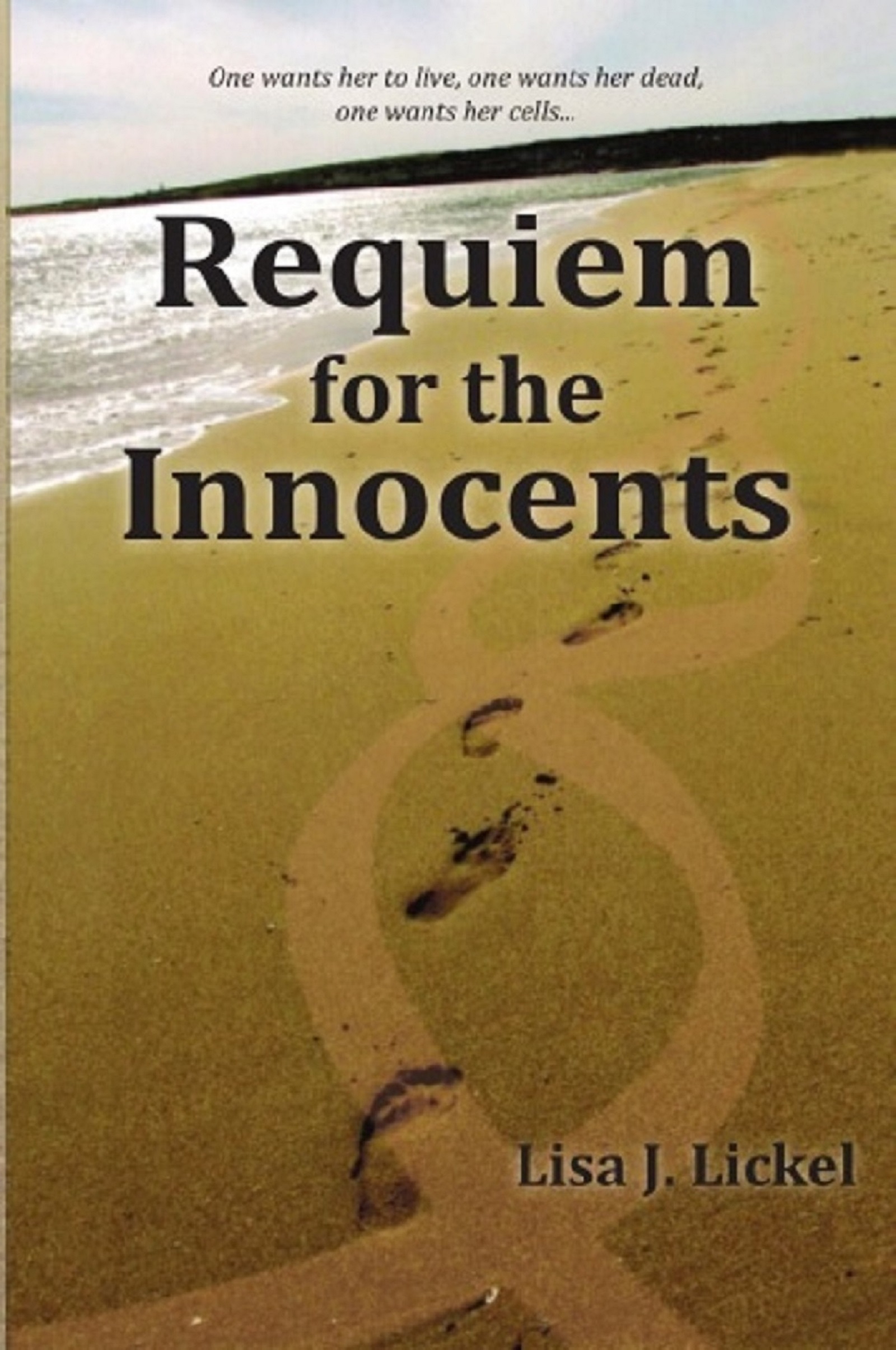
Where to buy the book and book info:
Print ISBN 13: 978-0-9904281-0-7
ISBN 10: 0-9904281-0-9
$14.95
6 by 9 inches, 340 pp
Ebook ISBN-10: 0-9904281-1-7
ISBN-13: 978-0-9904281-1-4
$4.99; some sites have a $.99 sale
Library of Congress Control Number: 2016908998
Key words: healing, cancer treatment, family drama, Christian fiction, Catholic, hospice, genetics, book club books
Kobo: https://www.kobo.com/us/en/ebook/requiem-for-the-innocents
Apple iBooks: https://itunes.apple.com/us/book/innocents-pray/id1120384134?mt=11
BN shortlink http://bit.ly/2bMI9Zx
Kindle shortlink: http://amzn.to/2d0nr9R
Smashwords: https://www.smashwords.com/books/view/664454
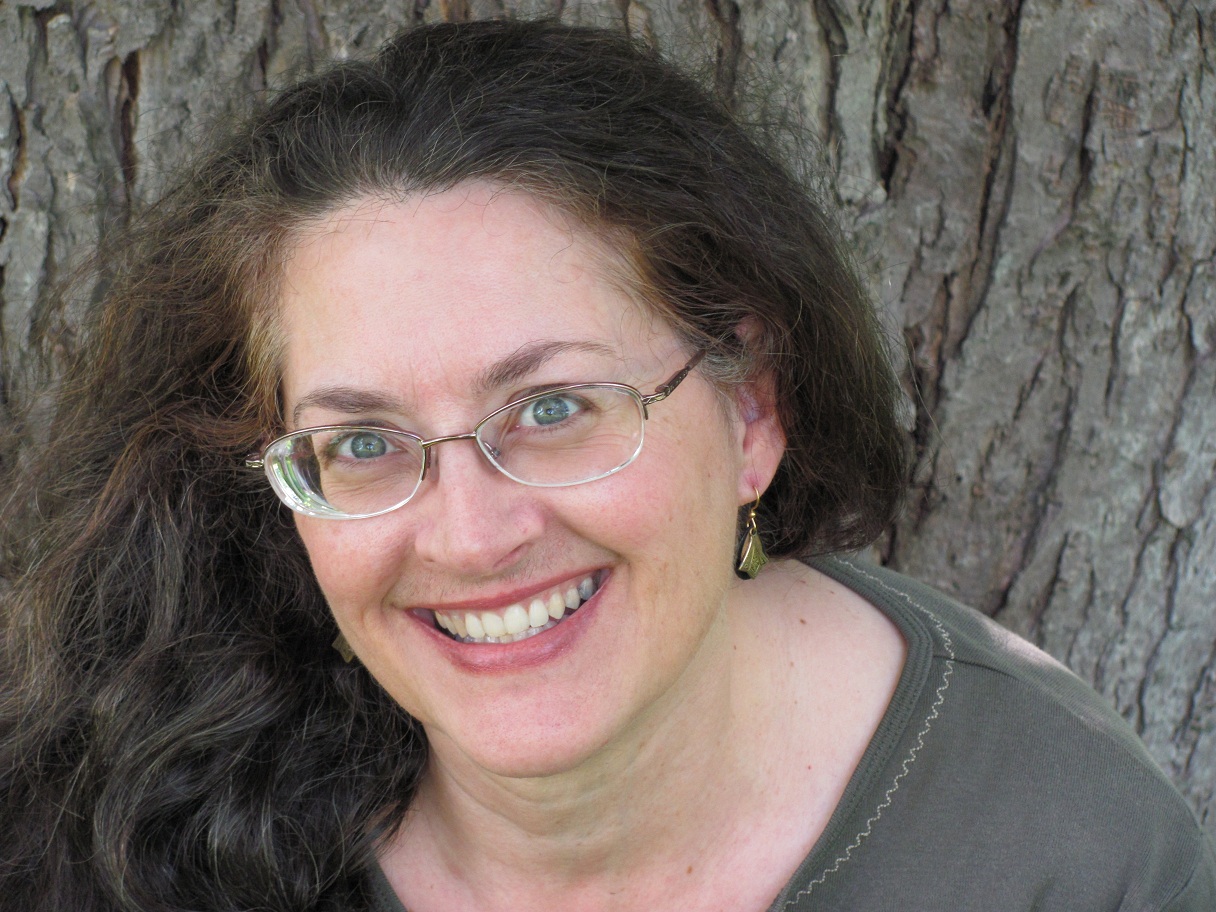
Lisa Lickel, a Wisconsin writer, lives in the rolling hills of western Wisconsin. A multi-published, best-selling and award-winning novelist, she also writes short stories and radio theater, is an avid book reviewer, blogger, a freelance editor, and sometimes magazine editor. She is part of Novel-in-Progress Bookcamp and Writing Retreat, Inc., mentoring writers from across the US and Canada. Visit http://www.LisaLickel.com.
Facebook: http://www.facebook.com/lisalickelauthor
Goodreads: http://www.facebook.com/lisalickel
Twitter: http://www.twitter.com/lisajlickel
Amazon author page: http://amzn.to/2bPxi2X

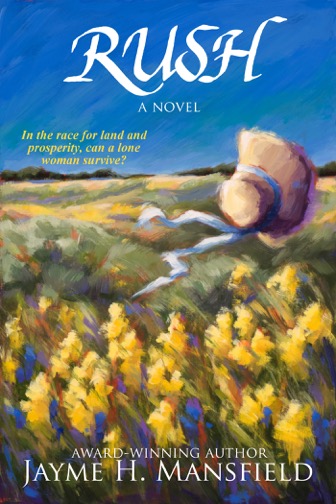
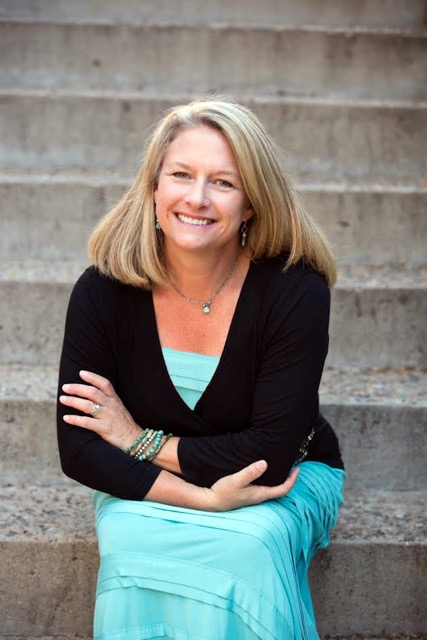
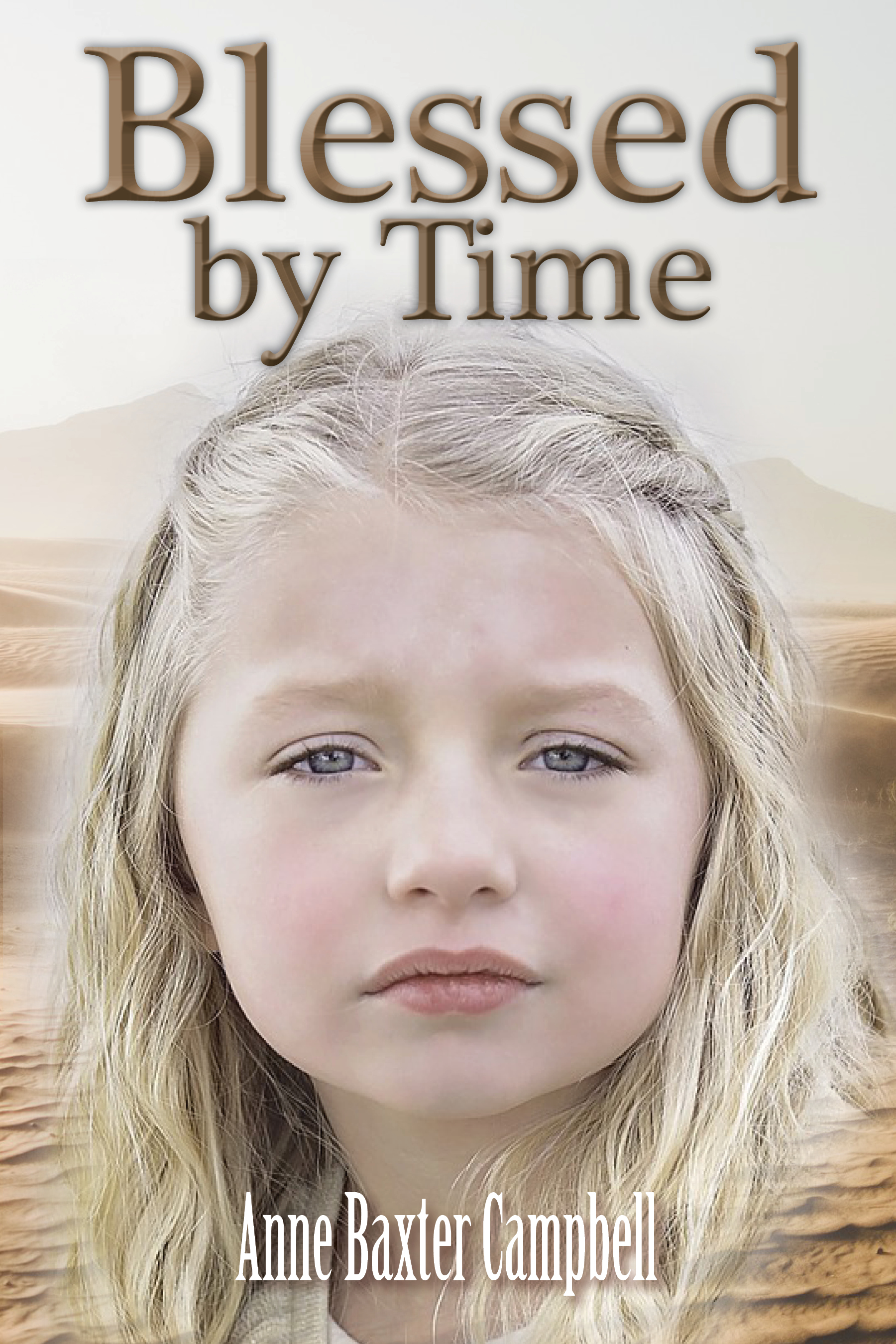

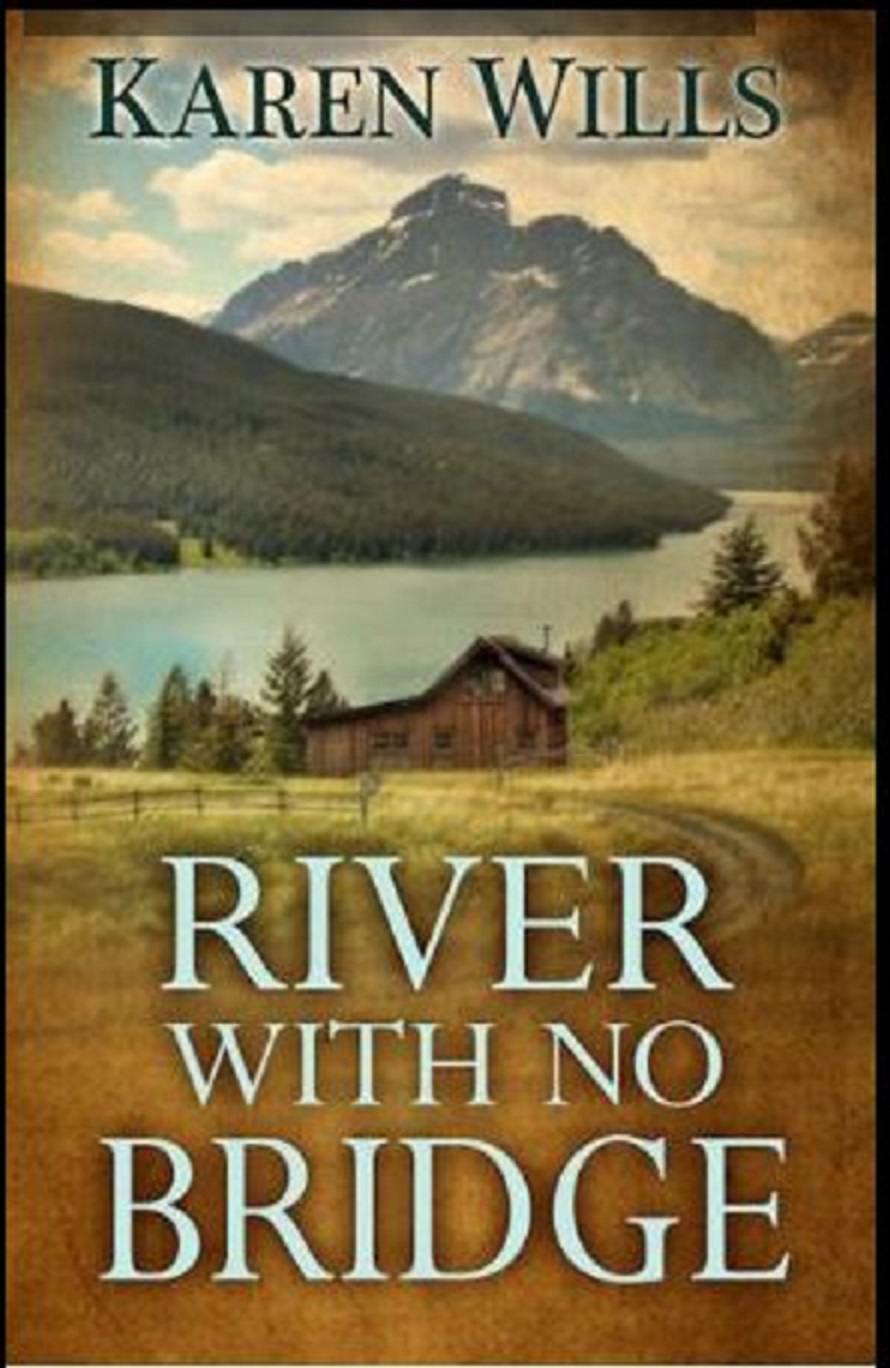

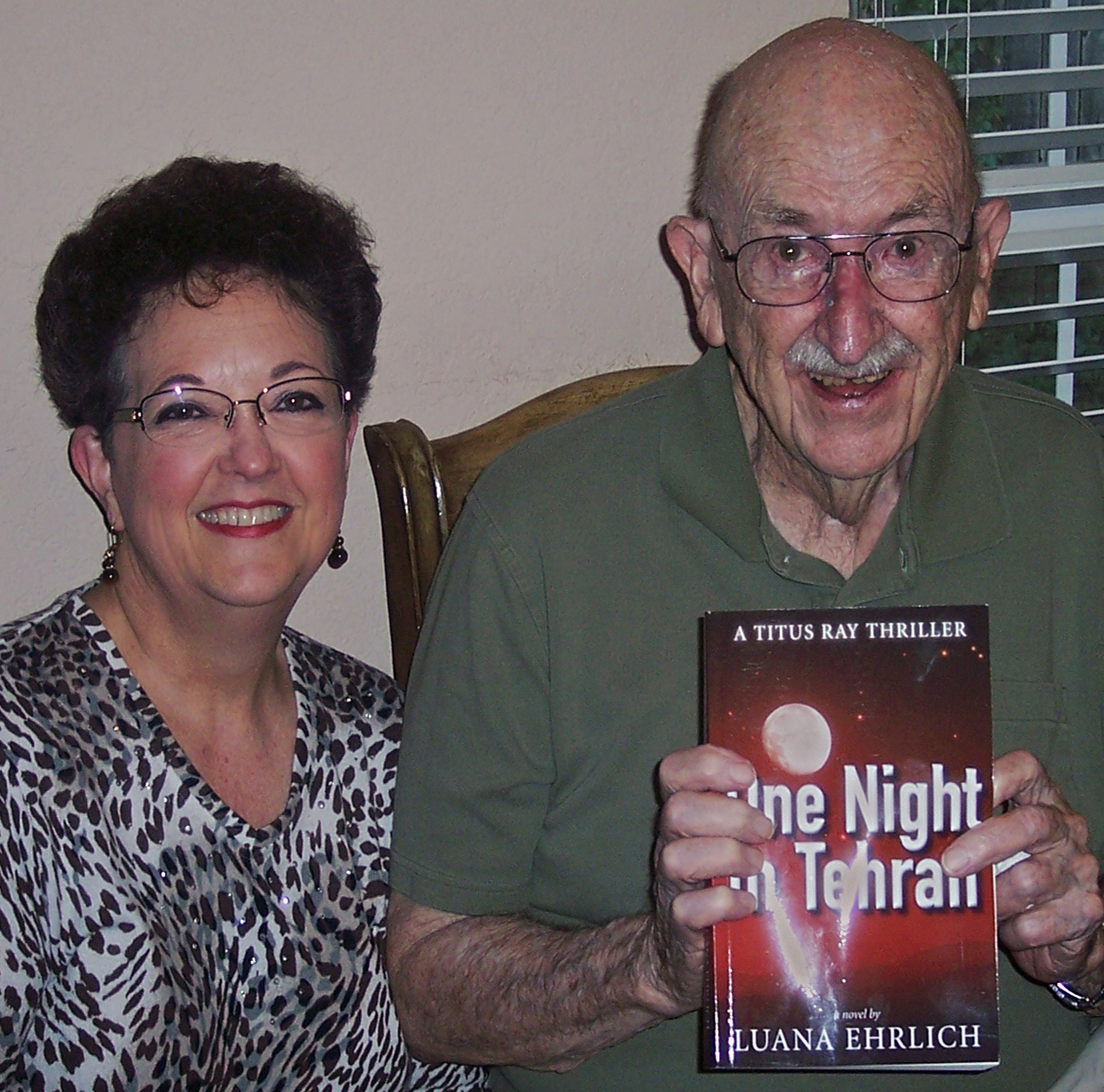

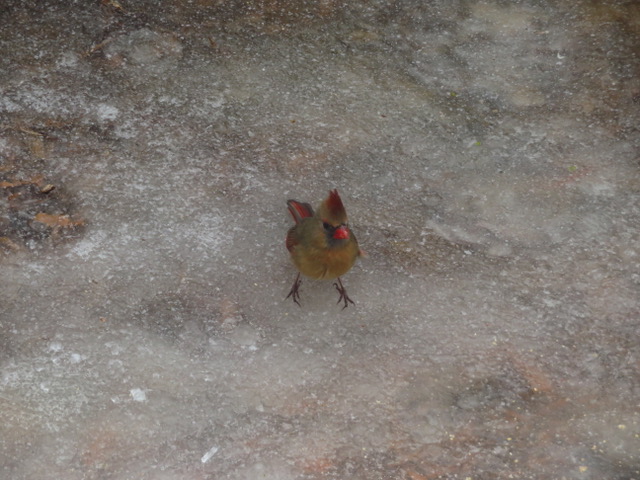
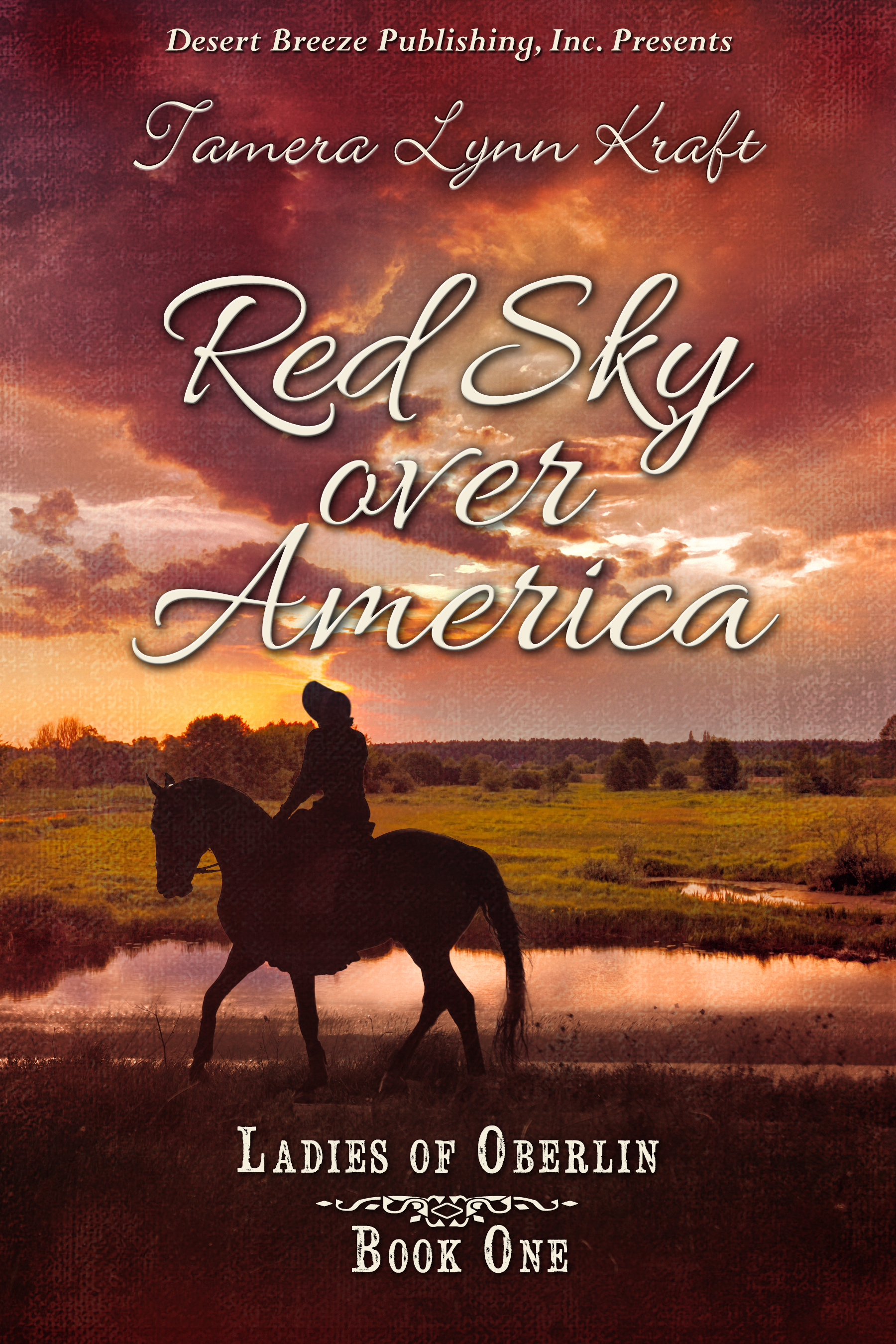
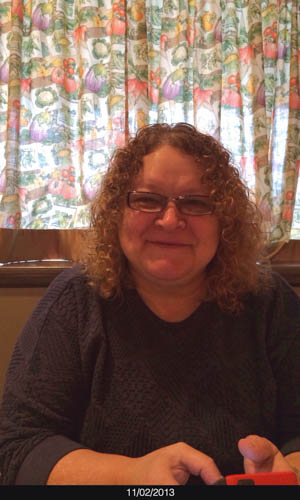

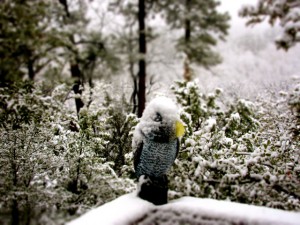



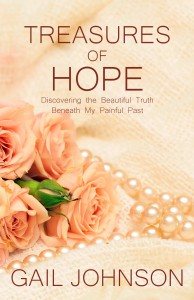
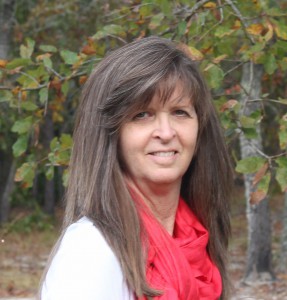
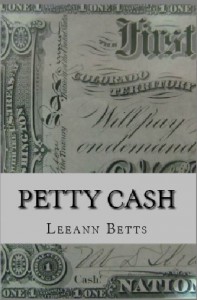
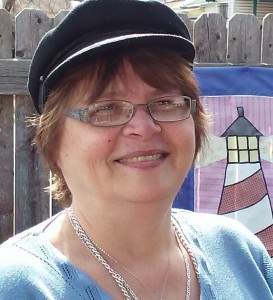 December. In addition, Leeann has written a devotional for accountants, bookkeepers, and financial folk, Counting the Days, and with her real-life persona, Donna Schlachter, has published a book on writing, Nuggets of Writing Gold, a compilation of essays, articles, and exercises on the craft. She publishes a free quarterly newsletter that includes a book review and articles on writing and books of interest to readers and writers. You can subscribe at
December. In addition, Leeann has written a devotional for accountants, bookkeepers, and financial folk, Counting the Days, and with her real-life persona, Donna Schlachter, has published a book on writing, Nuggets of Writing Gold, a compilation of essays, articles, and exercises on the craft. She publishes a free quarterly newsletter that includes a book review and articles on writing and books of interest to readers and writers. You can subscribe at